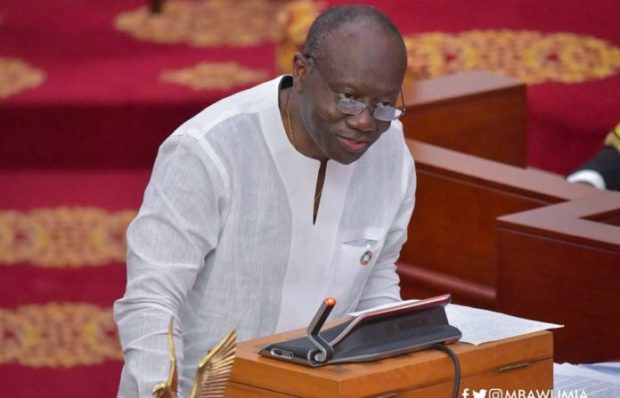Ken Ofori-Atta, Minister of Finance, disclosed in the 2023 budget statement that Ghana’s public debt has increased by GH₵93 billion ($6.53 billion at the current rate) due to the depreciation of the Ghanaian cedi since the beginning of 2022.
According to him, the said amount is twice more than the anticipated US$3 billion bailout Ghana is seeking from the International Monetary Fund (IMF).
In the 2023 budget statement, he said the cedi has depreciated by 53.8% and 54.2% against the dollar as of October 2022 and November 2022.
The depreciation is due to the fact that the country cannot access the International Capital Market due to the continuous credit rating downgrades. The tightening of domestic financing conditions and the increasing cost of borrowing has also contributed to further depreciation.
Ofori-Atta added that there has been a high demand for forex to finance the import bill, including the import of crude, and the financing of electricity has worsened the performance of the cedi and led to the high depreciation.
“Ghana’s import bill, the budget stated, exceeds US$10 billion annually. Considering the low foreign earnings, it has been difficult to meet the import requirements including crude oil and petroleum products of about US$400m (GH₵4.80 billion) a month. The Ministry of Finance also requires about US$1.0 billion per year to finance the lights in homes and workplaces,” he said.
“For us at the Ministry of Finance, the depreciation of the cedi seriously affects our ability to effectively manage our debt. Indeed, our stock of debt has increased by GH¢93 billion this year alone due to the depreciation of the cedi at the beginning of 2022,” the Finance Minister added.
Ghana is seeking a three-year Extended Credit Facility (ECF) programme of $3bn at the International Monetary Fund. This means that this potential bailout cannot even finance the debt accumulated as a result of the depreciation of the Ghanaian cedi.
 Home Of Ghana News Ghana News, Entertainment And More
Home Of Ghana News Ghana News, Entertainment And More





